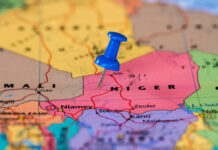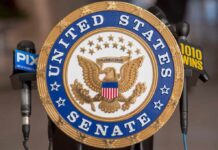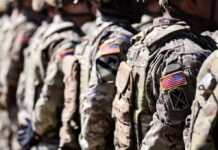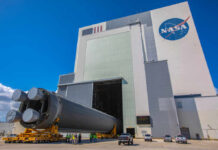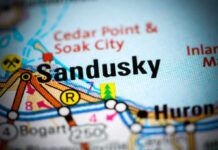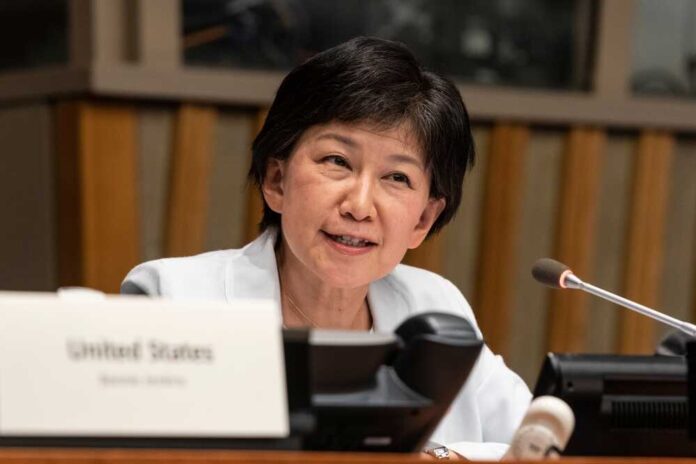
The United Nations now believes that the world is entering a period of heightened risk of nuclear war linked to the war between Russia and Ukraine. The situation is so critical, according to the organization, that the risk of a nuclear exchange is now the highest since the end of the Cold War.
The U.N.’s High Representative for Disarmament Affairs Izumi Nakamitsu said that the “risk of a nuclear weapon being used” is higher than at any point since 1991.
A number of factors are increasing the potential risk of nuclear war. Russia, which is currently fighting in the war, and the United States as a prime supporter of Ukraine, have the two largest stockpiles of nuclear weapons on the planet.
In particular, former President Donald Trump warned that if the war in Ukraine does not end through negotiations, there is a much higher risk of nuclear war.
Trump said that if he was elected to a new term in 2024, he would have a peace deal signed between the two combatants.
“The war has to stop now,” he said.
President Trump on Ukraine War: "The war has to stop now." pic.twitter.com/upINs7KuNe
— MAGA War Room (@MAGAIncWarRoom) March 28, 2023
Furthermore, there is a higher risk of other nuclear activity.
North Korea this week announced that it had developed miniaturized versions of its nuclear weapons, which could allow it to place those weapons on new missile types.
Pyongyang also announced that it would be increasing its supply of nuclear fuel, and satellite photos appear to indicate that the country is about to take a nuclear processing plant online.
Closer to the fighting in Ukraine, Belarus announced that it would be home to Russian tactical nuclear weapons. The country’s president said that Minsk would hold some control over the use of such weapons.
Belarusian President Aleksander Lukashenko said that his country may soon host even more powerful strategic nuclear weapons in the future.
“We will protect our sovereignty and independence by any means necessary, including through the nuclear arsenal,” he said.
Both North Korea and Belarus have been outspoken supporters of Russia’s efforts during the current war.




